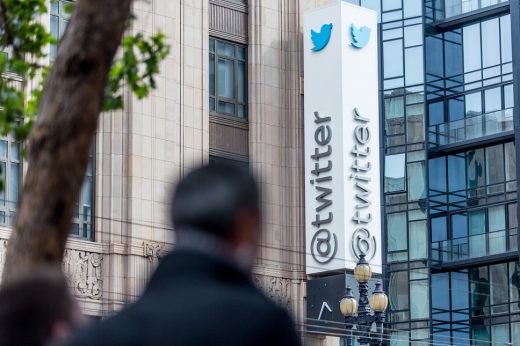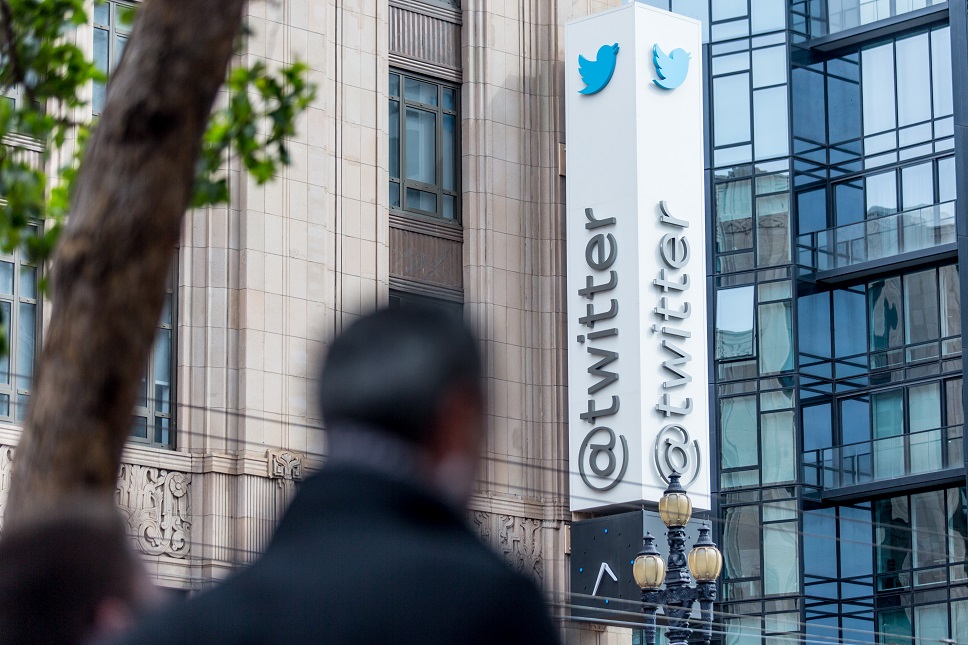Twitter hit with defamation lawsuit from NY Post Biden laptop source
John Paul Mac Isaac, the owner of the Delaware computer repair shop at the heart of that controversial New York Post story on Hunter Biden’s emails, has filed a $500 million defamation lawsuit against Twitter. Isaac owned the Mac Shop, which the NY Post cited as the source for the laptop from where it reportedly obtained Biden’s emails. In response to the story and its sourcing, Twitter blocked the article’s URL, citing its existing policy around hacked materials. In his lawsuit (PDF), Isaac said that by doing so, Twitter labeled him a “hacker,” and he began getting negative reviews for his business as well as threats to his person and property online. He said he was ultimately forced to close his shop as a result.
Isaac insisted in his complaint that he is not a hacker. He explained that he was asked to recover information from a damaged Mac computer “allegedly owned by Mr. Hunter Biden” on April 12th, 2019. After the recovery was completed, he tried to charge the computer owner for the amount he was owed. However, nobody paid for the repair or came back for the computer.
Isaac said that between late July 2019 and October 14th, 2020, he interacted with the FBI and Robert Costello several times. Costello serves as the attorney for Rudy Giuliani, President Donald Trump’s personal lawyer. The NY Post published its article after receiving information from Giuliani, the lawsuit stated. Isaac also stressed that he didn’t know the publication had information from the computer’s hard drive.
Shortly after blocking the URL to the Post’s story, Twitter altered its hacked materials policy. The website decided not to remove hacked content anymore unless it’s shared directly by hackers and to label tweets to provide context instead of blocking their URLs from being shared. It wasn’t just Twitter that took steps to limit the story’s reach, though. Facebook also reduced its distribution until it had been reviewed by the social network’s fact-checking partners.
In addition to suing Twitter for $500 million in punitive damages, Isaac also wants the court to require Twitter to “make a public retraction of all false statements.”
(29)




